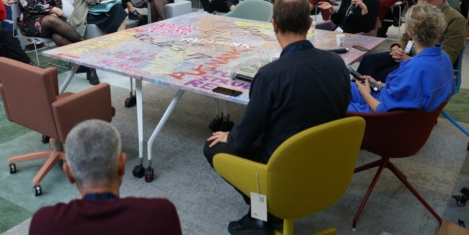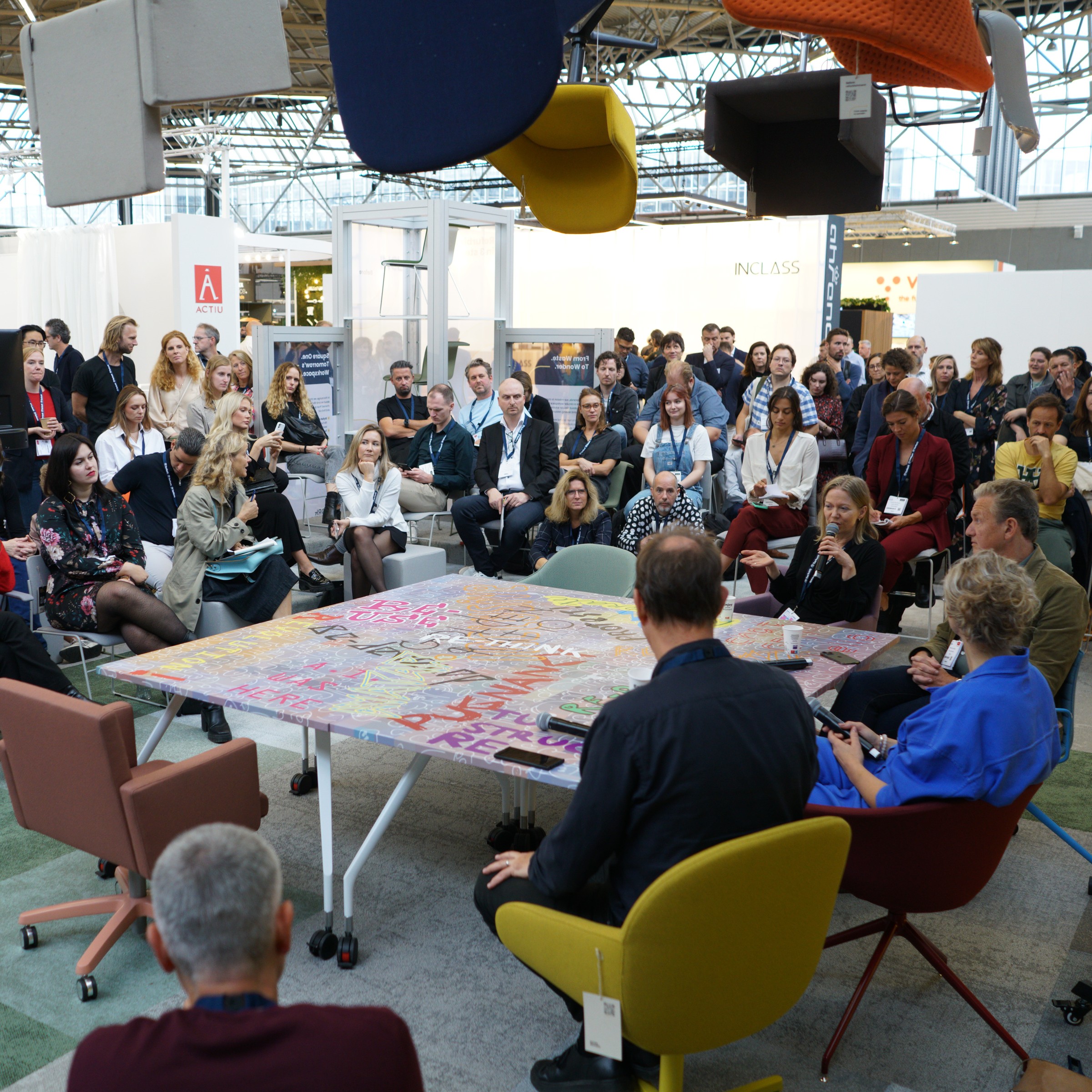To provide the best experiences, we use technologies like cookies to store and/or access device information. Consenting to these technologies will allow us to process data such as browsing behaviour or unique IDs on this site. Not consenting or withdrawing consent, may adversely affect certain features and functions.
The technical storage or access is strictly necessary for the legitimate purpose of enabling the use of a specific service explicitly requested by the subscriber or user, or for the sole purpose of carrying out the transmission of a communication over an electronic communications network.
The technical storage or access is necessary for the legitimate purpose of storing preferences that are not requested by the subscriber or user.
The technical storage or access that is used exclusively for statistical purposes.
The technical storage or access that is used exclusively for anonymous statistical purposes. Without a subpoena, voluntary compliance on the part of your Internet Service Provider, or additional records from a third party, information stored or retrieved for this purpose alone cannot usually be used to identify you.
The technical storage or access is required to create user profiles to send advertising, or to track the user on a website or across several websites for similar marketing purposes.
 ORGATEC, the biannual international trade fair for the workplace sector, has announced the first central theme in the event’s history as it prepares for its 2026 edition. Under the title From rooms to relationships: designing spaces in an ever-changing world, the fair will shift its focus towards the role of human experience in the design of work and contract environments. The event, which takes place in Cologne from 27 to 30 October 2026, aims to highlight how functional settings can evolve into places that support connection, collaboration and a sense of belonging.
ORGATEC, the biannual international trade fair for the workplace sector, has announced the first central theme in the event’s history as it prepares for its 2026 edition. Under the title From rooms to relationships: designing spaces in an ever-changing world, the fair will shift its focus towards the role of human experience in the design of work and contract environments. The event, which takes place in Cologne from 27 to 30 October 2026, aims to highlight how functional settings can evolve into places that support connection, collaboration and a sense of belonging.




































April 30, 2025
The world needs amazing leaders like never before. But where are they?
by Dana Maor • Business, Comment, Workplace